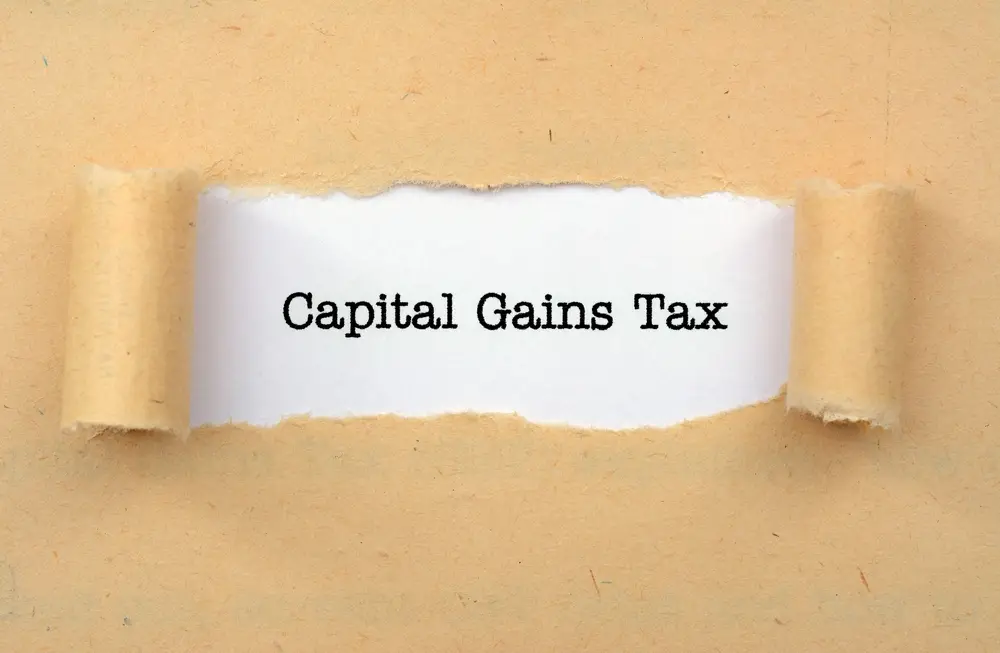Traditionally, many family businesses in Perth structured their business through a trust, as tax reasons made trust the “go-to” tax vehicle. However, as tax law has changed and the tax advice given by Perth tax accountants evolves, operating a business through a trust is becoming increasingly difficult.
How a Trust is Not Great for Operating a Business

There are many reasons why you should use a family trust other than to reduce taxes. However, the reverse is also true. The following reasons are some of the difficulties in operating a business through a trust:
- Employee incentives
If you want to engage your team through an employee incentive program, it isn’t easy to do so through a discretionary trust. While a trust’s flexible nature is tax-effective, its discretionary nature prevents giving the Perth family business team members a fixed entitlement to the profits.
- Company tax rates
Companies that generate business income have a lower tax rate, and trusts cannot enjoy this rate. While the trust can allocate the profits to a company and potentially show that the company is a base-rate entity, the tax law requires that the profits so allocated are paid.
- Working capital
As a trust distributes all its profits to the shareholders, it is difficult for a trust to retain working capital for reinvestment. If the family business operates through a trust, the unitholders or the trust beneficiaries will need to agree to delay their right to payment and turn that right into a loan that is reinvested back into the business.
- Accounting ratios
A trust has no net equity. So, a lot of the ratios banks use to understand a trust must be reworked to recognise that the net worth of a trust is effectively nothing.
If you use cloud accounting software with the benefits of a CFO, you can overcome this issue. Some Perth family businesses prefer to save on resources and simplify their accounting reports, so the ratios are clear immediately.
What Tax Options Exist to go from a Trust to a Company?

Sometimes, a business finds its current trust structure unsuitable, and the tax imperative to restructure into a company is significant. This is common for larger family businesses transitioning to a corporate structure. Such transitions can be motivated by various factors, including:
- Alignment with the long-term strategy and succession plan of the business.
- Commercial considerations, such as enhancing relationships with customers.
- Meeting family and financial objectives.
- Pursuing international expansion opportunities.
- Accessing government grants.
- Accessing company tax rates.
- Addressing working capital needs.
Moving to a corporate structure can also yield additional tax benefits for the business, such as the possibility of forming a tax-consolidated group, which allows for filing single-entity tax returns. The Australian Taxation Office (ATO) recognises this restructuring as a valid reason for making such changes.
Capital Gains Tax Impacts

When a business is restructured from a trust to a company, the transaction will almost always attract Capital Gains Tax (CGT). Understanding capital gains tax is essential for general business management. Capital gains tax usually happens when the market value of the business’s goodwill exceeds the cost base of the business’s assets, including the initial cost of the goodwill (which is often zero for founder-led family business).
A CGT rollover permits the deferral of CGT liabilities resulting from such a restructure. Several rollover options exist, and the selection of the appropriate rollover depends on the business’s specific circumstances and objectives.
Potential Capital Gains Tax Rollovers
The following rollovers exist, and they are helpful trust-to-company restructuring options for Perth family businesses. Tax accountants typically use them individually, sometimes in succession, or creatively with other areas of tax law.
- Subdivision 122-A – Transfer from a Trust to a Fully-Owned Company
Under this rollover provision, a trustee can transfer assets from a business to a newly created company fully owned by the existing trust. This transfer allows for retaining working capital within the company, while future profits can be distributed to ultimate shareholders (via the trust) at the directors’ discretion. Importantly, trust remains an integral part of the overall structure of this rollover scenario.
- Subdivision 124-N – Transfer of Assets from a Trust to a Company
This provision involves transferring all assets from a fixed trust to a company and replacing the existing trust. In exchange for the sale of business assets, the trust owners receive shares in the company as consideration. The business continues its operations as a company, and the old trust is closed within six months following the transfer.
This rollover applies when the transferee company is owned by the trust’s beneficial owners, particularly in cases where trust assets are transferred among sibling entities.
- Section 328-G – Small Business Restructure Rollover
If the trust is a small business entity, assets can be sold to a company, and CGT can be deferred. This rollover ultimately leads to a structure akin to that achieved through a Subdivision 124-N rollover. It’s worth noting that, given the prevailing economic conditions, many businesses may meet the criteria for this rollover.
- Subdivision 615 – Conversion of Units in a Unit Trust to Shares in a Company
This rollover doesn’t transform the unit trust into a company but inserts a company between the unit trust and its unitholders, who then become shareholders. Unitholders exchange their units in the trust for shares in the company. The business can still operate within the existing unit trust structure from across Perth to the rest of Australia, but profits are now retained within the company.
Establishing an Income Tax Consolidated Group with help from your Perth tax accountant might ease compliance with Division 7A, when profits are retained in the intermediary company and lent to the unit trust member of the group. Tax consolidation also streamlines administrative tasks by allowing for filing a single entity tax return instead of multiple returns.
- Small Business Capital Gains Tax Concessions
When the small business entity criteria are met, business assets held by the trust can be sold to a company, and one or more of the following concessions may be applied to minimise or delay any Capital Gains Tax (CGT):
- 15-Year Exemption
- 50% Active Asset Reduction
- Retirement Exemption
- Small Business Rollover Relief
Using the small business CGT concessions also offers a chance to boost superannuation funds for the owners of family businesses across Perth.
Leveraging Capital Gains Tax Rollovers

Various rollover options are available to help you achieve your desired business structure. These rollovers aim to alleviate the tax burden of transitioning your business to a more suitable framework.
However, it’s crucial to note that the ATO often scrutinises the application of CGT rollovers and Small Business Entity CGT concessions. Particularly for significant transactions likely to attract public or financial press attention, it’s advisable to seek a pre-transaction private ruling from the ATO.
Given these considerations, seeking professional tax advice, and maintaining thorough documentation to support your decisions and actions when contemplating a rollover or restructuring is prudent. This protects your business and your interests as an owner and ensures you select the most advantageous rollover option for your company.
It’s essential to recognise that every business and scenario is unique. The outlined CGT rollover options for transitioning from an Australian trust to a corporate structure provide a glimpse of the possibilities. Additionally, it’s essential to consider other taxes such as income tax, GST, and stamp duty when undertaking a restructuring endeavour.
At Westcourt, we are uniquely placed in the Perth market. Our single focus on families in business, the global network of GGI independent advisors, upfront no-timesheet pricing, and deep proven technical excellence in taxation and business advice give us an advantage that few accountants can match. So, if you need advice on restructuring your family business or trust affairs, why not give us a call?

